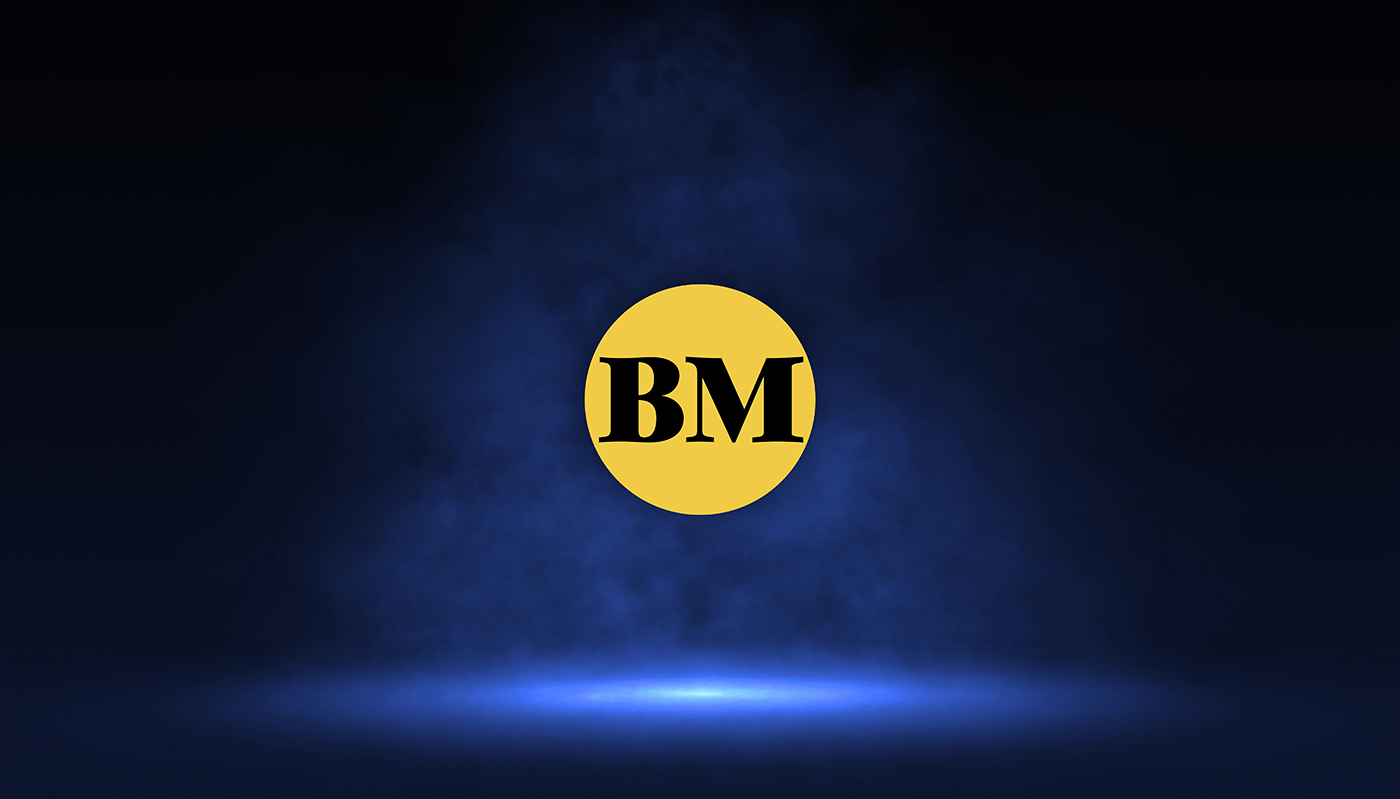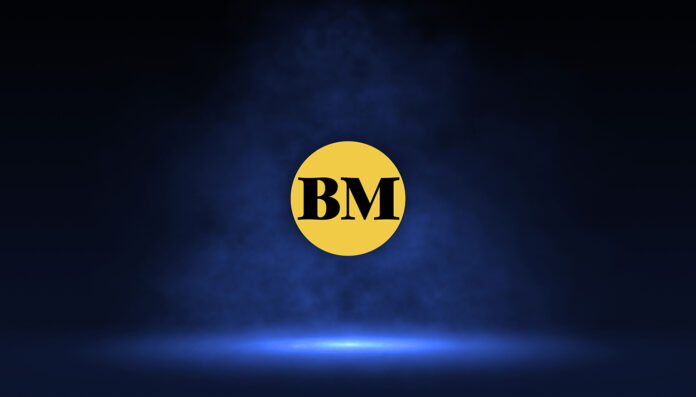
THE government has so far collected P242.25 billion in duties and taxes since the fuel marking program started in September 2019.
A total of 25.03 billion liters of fuel has been marked as of June 11, according to an infographic shared by the Department of Finance.
During the period, the Bureau of Customs collected duties and taxes amounting to P213.87 billion while the Bureau of Internal Revenue accounted for P28.39 billion.
Based on the numbers, the government was able to collect an average of P11.011 billion a month in the past 22 months of applying the fuel marking program. Also, based on the figures, the government was able to collect an average of about P9.68 in duties and taxes for every liter of fuel marked.
By fuel type, diesel comprised the bulk or 60.9 percent (15.25 billion liters) of the total marked-volume of fuel. It was followed by gasoline at 38.6 percent (9.65 billion liters) and kerosene at 0.5 percent (136.02 million liters).
Most of the fuel marked by the government was located in Luzon (73.36 percent or 18.37 billion liters). Trailing Luzon is Mindanao with 21.35 percent or 5.35 billion liters out of the total marked-volume of fuel followed by Visayas at 5.29 percent or 1.32 billion liters.
About 24 petroleum companies have so far participated in the fuel marking program.
Taking the lead was Petron Corp., cornering 22.36 percent (or 5.6 billion liters) of the total marked fuel.
Next is Pilipinas Shell Petroleum Corp. with 19.31 percent (4.84 billion liters), Unioil Petroleum Philippines Inc. with 10.33 percent (2.59 billion liters), Seaoil Philippines Inc. with 8.13 percent (2.03 billion liters) and Phoenix Petroleum Inc. with 7.94 percent (1.99 billion liters).
In February, House Ways and Means Committee Chairman Albay Rep. Joey Sarte Salceda revealed that the government lost P357 billion due to fuel smuggling from 2010 to 2019.
While fuel marking helped lower smuggling, foregone revenues are still rising, Salceda said, because the Tax Reform for Acceleration and Inclusion (Train) law (Republic Act 10963) raised taxes on fuel products in 2018.
Fuel marking makes use of a unique chemical marker that can be embedded at a molecular level in petroleum products—gasoline, diesel, and kerosene—thereby enabling authorities to test, identify and distinguish petroleum products with paid excise taxes.
Under the Train law, petroleum products that are refined, manufactured, or imported to the Philippines such as, but not limited to, unleaded premium gasoline, kerosene and diesel, shall be marked by an official marking agent after payment of taxes and duties.
The fuel-marking program was launched with the aim of halting illegal importation, manufacturing, and other fraudulent activities relating to the use and sale of petroleum products in the country.
Read full article on BusinessMirror



